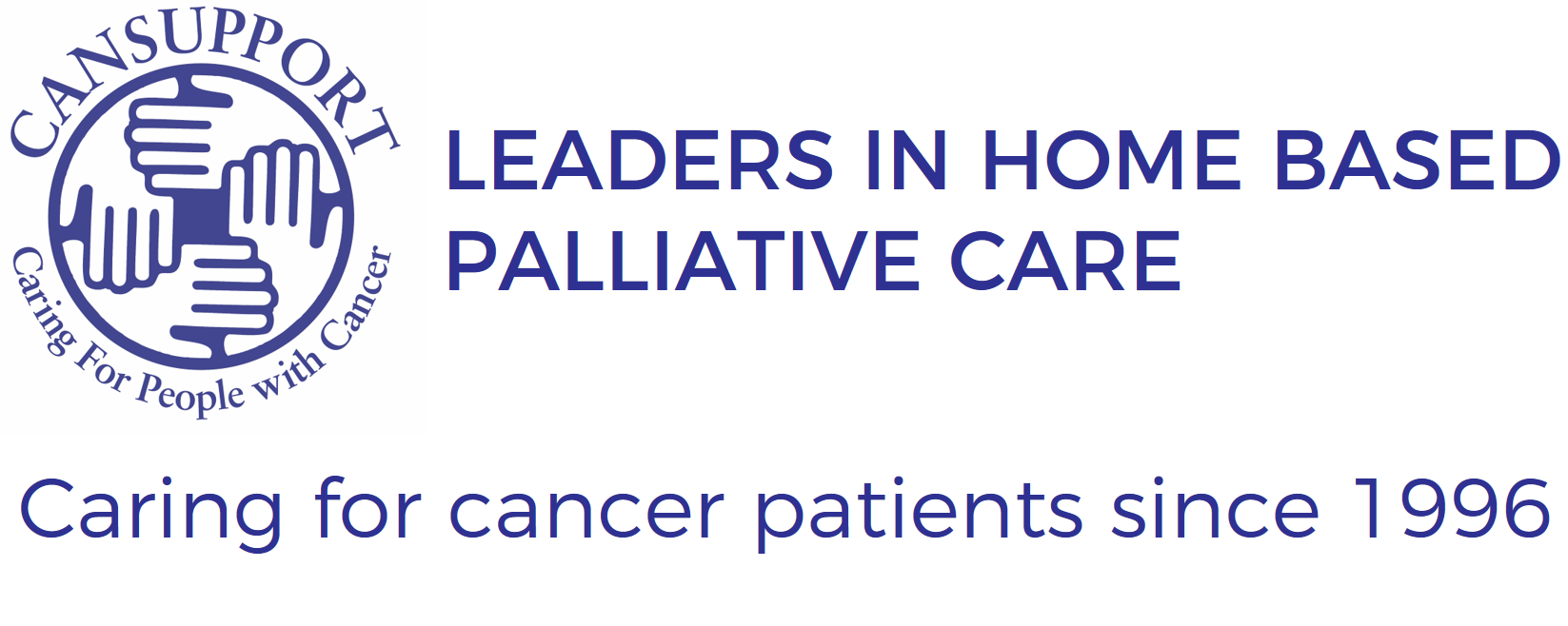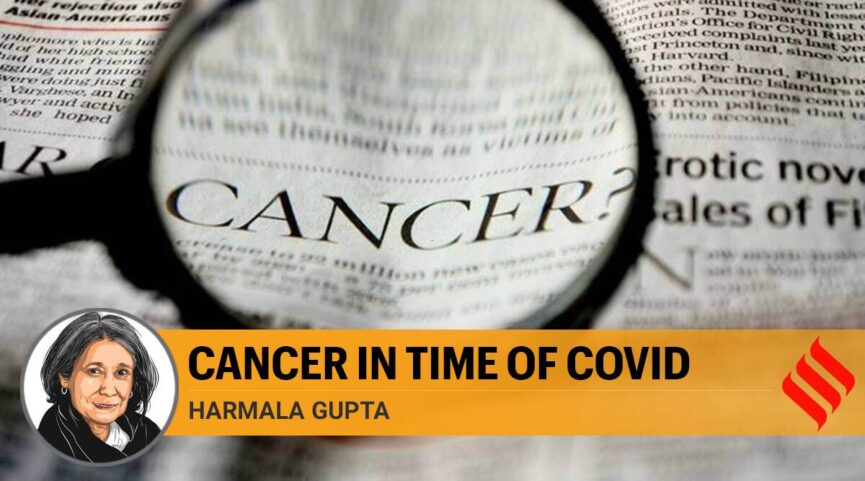Ever since the outbreak of the COVID-19 pandemic, dealing with cancer has got much harder. Visiting a hospital is fraught with consequences if you have cancer. Not only have treatments been interrupted, operations postponed, but cancer screening programmes, so vital for picking up cancer early in order to save lives, have ground to a halt. Those on clinical trials, which are often the last resort for those with advanced and recurrent cancers, have also found themselves abandoned midstream.
The fear generated by the novel coronavirus has been so extreme, that even now, when people with cancer or those who are suspected to have cancer are invited back, many are reluctant to go. This is because of low immunity, often aggravated by treatments, as well as existing co-morbidities since cancer, by and large, is a disease of older people. They would rather remain at a safe distance from their health providers.
The only one undeterred is cancer itself. There is no stopping the rampage of the emperor of all maladies despite the presence of a new deadly disease. According to the Cancer Atlas, in 2018, there were approximately 43.8 million cancer survivors diagnosed within the previous five years, the highest number recorded so far. Cancer survivorship owes its rising numbers largely to advances in early detection and treatment. Awareness also matters. Being aware of your risk, because you consume tobacco or liquor regularly, or are exposed to cancer-causing chemicals at home or your workplace, or because a number of people in your family have had the same type of cancer, can also arm you against cancer.
Unfortunately, the majority of people who come for treatment to a cancer centre in India come with advanced disease. The figure is nearly 70 per cent. What follows thereafter, for many, is a journey of escalating suffering as the side-effects of toxic treatments take their toll. Cancer continues to be framed in the language of combat. It is described as a fight to the finish against a ruthless enemy. Those who have it are urged, like good soldiers, to keep on fighting bravely till the end. Oncologists come armed with an arsenal intended to shock and awe — surgery, radiotherapy and chemotherapy. If that doesn’t work, there are smart bombs (targeted therapies) waiting to be deployed. Those who finally emerge are not called survivors for nothing.
Almost three decades ago, the American sociologist Susan Sontag had alluded to the effect this has on the way cancer patients are regarded and treated. While it leads oncologists to prescribe more rounds of toxic and expensive treatments of limited value, it also leads patients to take decisions against their self-interest. No one wants to let the side down or leave the battlefield feeling vanquished.
Consequently, opting for palliative care, which focuses on ameliorating the suffering associated with the physical, psycho-social and spiritual aspects of a life-limiting illness like cancer is seen as throwing in the towel. Nothing could be farther from the truth. Palliative care seeks to hand back control to patients so that they can make choices based on their own values and preferences and their right to continue to live with dignity. We cannot justify taking all this away from people in the name of destroying “that last cell”.
To reduce the human toll of the disease — mental, physical, as well as financial — we must find ways to prevent cancer, screen those at heightened risk and mitigate the adverse effects of treatment by making palliative care a part of cancer treatments from the beginning. It must find mention in public health policy and be integrated into clinical care from the primary health care level upwards.
Healthcare providers must also note that the present diversion of healthcare facilities and resources to COVID-19 has increased anxiety and confusion among people with cancer. Now, more than ever, they need individualised care and reassurance that they are not forgotten. This may well be an opportunity to also be more truthful in the way we communicate news about cancer. To accept that while the final outcome may not be in our hands, planning for a life with cancer that allows us to live and die on our terms is possible and desirable.
Article by Harmala Gupta. Founder-President, CanSupport
This article first appeared in the print edition on November 6, 2020 under the title ‘Cancer in time of Covid’. To read the article in Indian Express click the link below:
https://indianexpress.com/article/opinion/columns/covid-19-pandemic-cancer-6967017/

